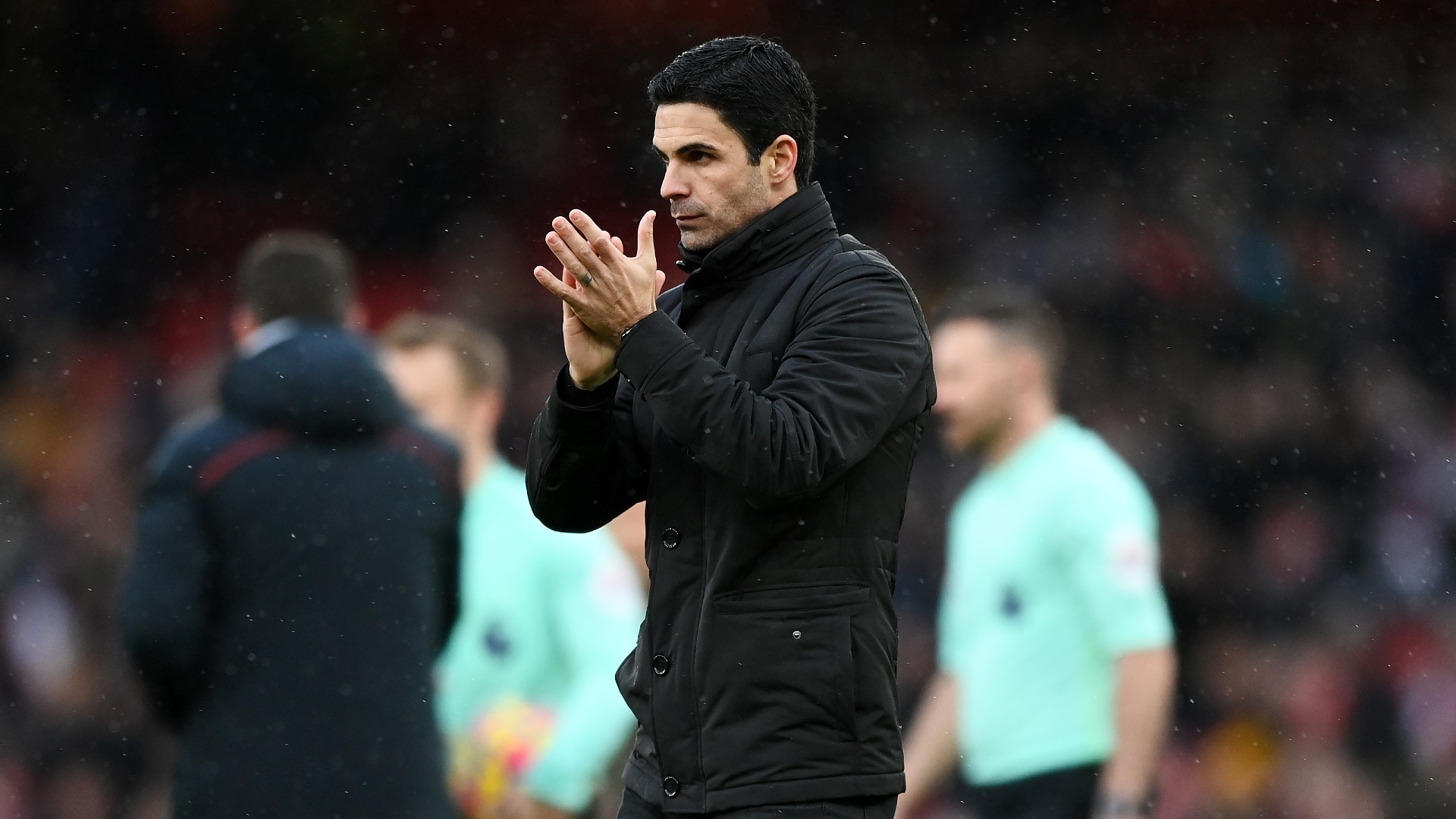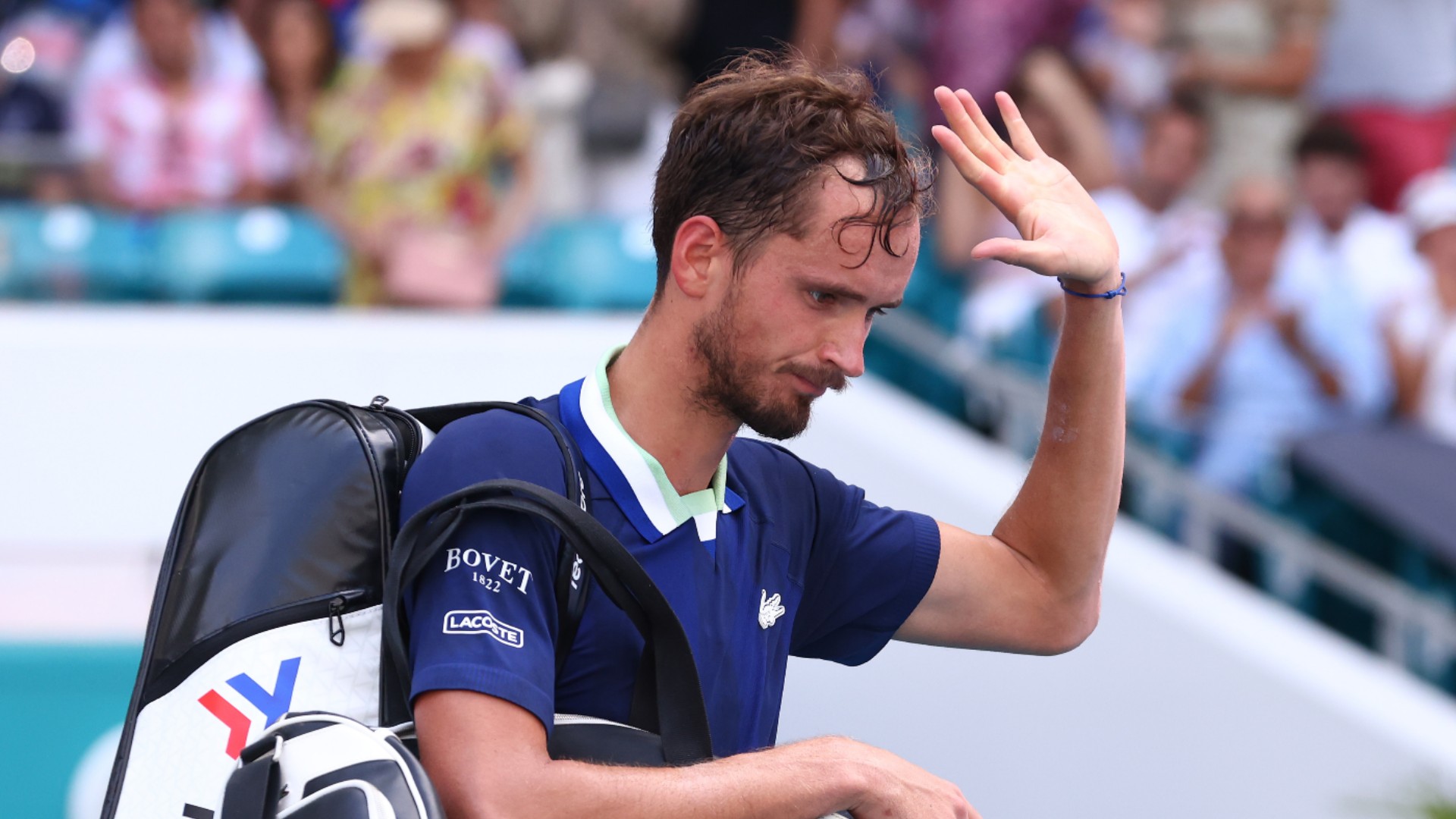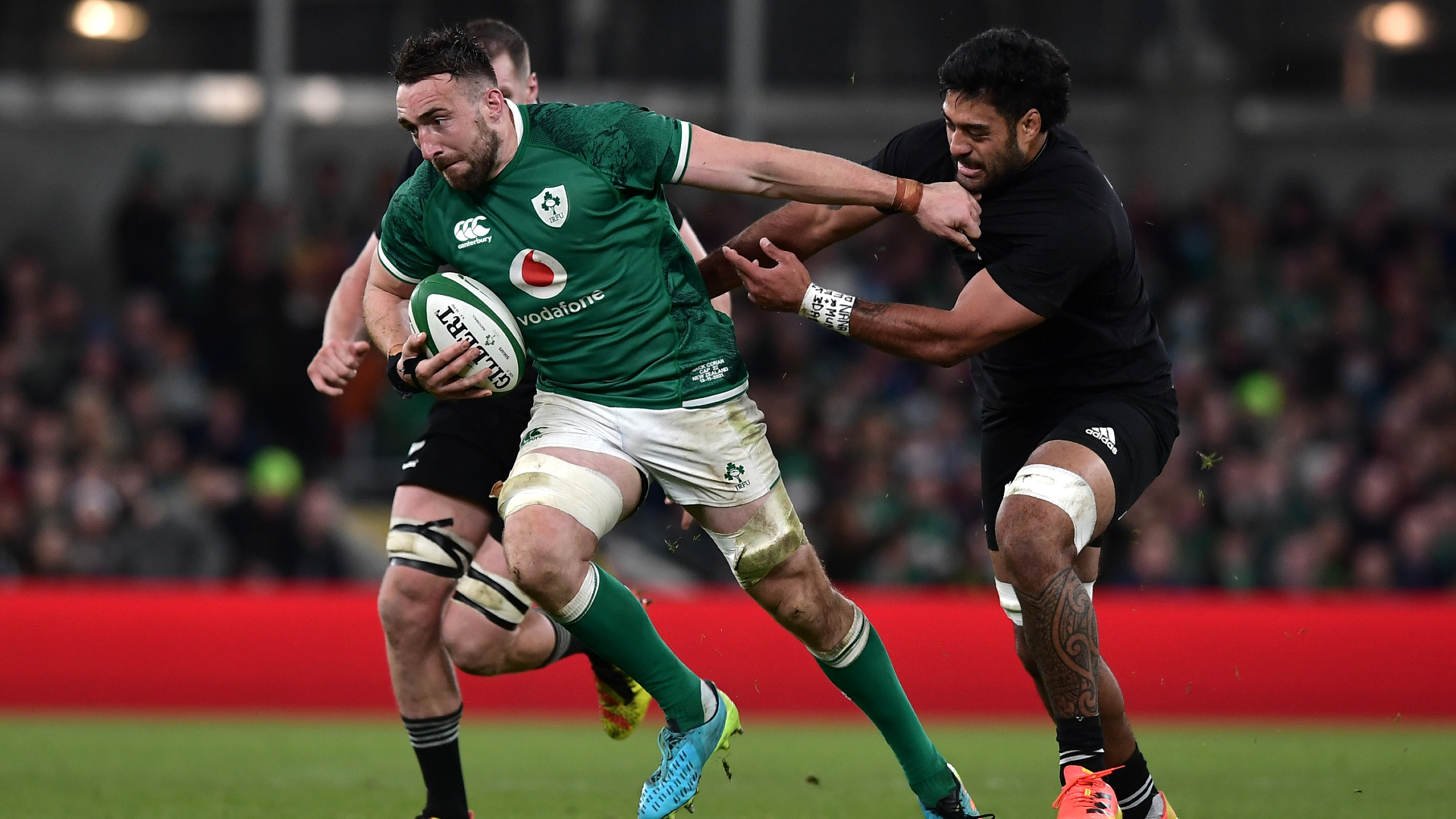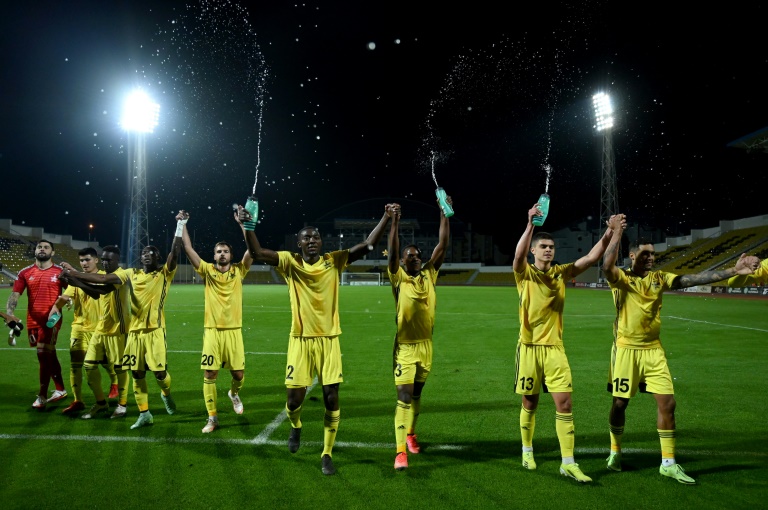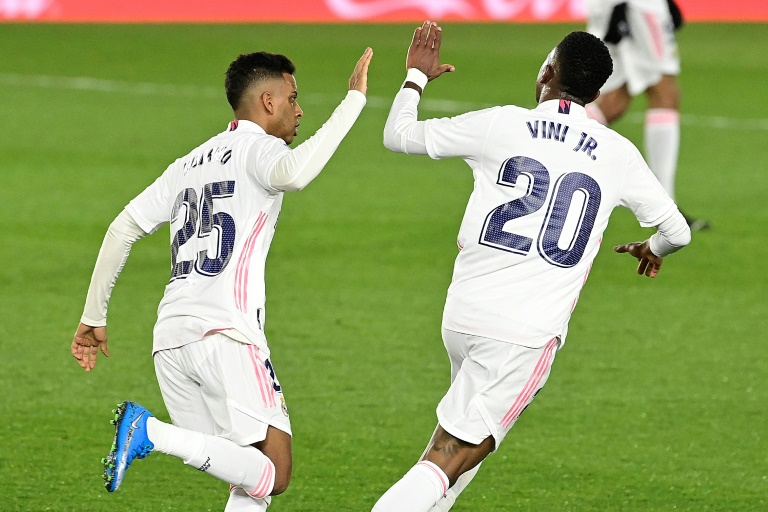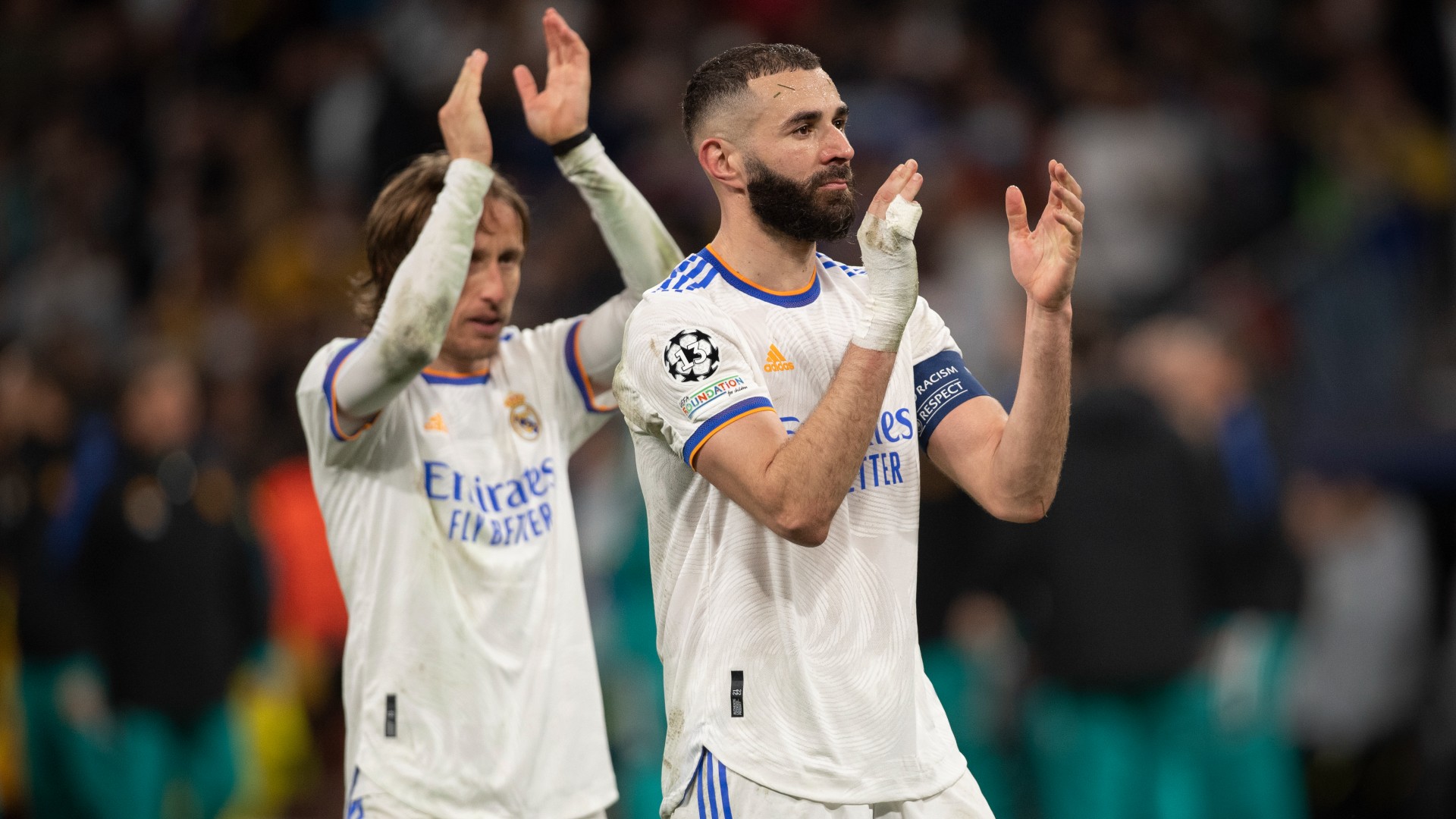
After a third successive Champions League title, Cristiano Ronaldo’s departure for Juventus was meant to signal the end for a team that had scaled the heights of European football.
The annus horribilis of the 2018-19 season seemed to reaffirm such sentiment, but with Real Madrid now claiming a second LaLiga title and sitting another hair’s breadth from the Champions League final since that departure, it seems even more irrational in hindsight.
How have Madrid been able to sustain their level among the best in European football and keep fighting for silverware on multiple fronts despite such a seemingly transformative absence? How have they won this season’s LaLiga title with such ease?
Despite a severely weakened Barcelona and a supposed closing of the gap to the rest, Madrid can still reach 90 points this season.
In reality, their three successive Champions League triumphs during Zinedine Zidane’s first spell in charge were largely due to the ideal balance of their midfield, comprising of Toni Kroos, Casemiro and Luka Modric.
To use but one example, bring into perspective how could they nullify Liverpool’s ability to press in both the 2017-18 final and then again in the 2020-21 quarter-final over two legs, with Zidane in charge for a second time.
It bears repeating. Liverpool under Jurgen Klopp – a great pressing team that squeezes the opposition into submission, consistently forces errors and is tactically transforming football before our eyes – were eventually rendered inert on multiple occasions.
At Madrid’s core though, the collective did and continues to flourish via the creative and incorporative link between Modric and Karim Benzema, both with and without the ball. In a burgeoning era of automation and systems, they are the system.
The thing that maximises the duo’s technical proficiency is their ability to improvise and embrace risk in the exploitation of space. If automation was football’s equivalent to the legend of developing a pen in space, the link between Modric and Benzema is the comparative pencil – just as effective, far more practical.
Granted, that reliance on them creates volatility. When the two are on the pitch, they give Los Blancos a distinct flexibility. When they’re not together, the collective is without a reference point and their relationship between defence and attack is compromised – as it was in their thumping in El Clasico in March or even going back to the 2016-17 season and their Copa del Rey elimination in the quarter-final over two legs to Celta Vigo.
Viewing Madrid through this prism makes a lot of other aspects relating to them clearer – the ability to feasibly play Lucas Vazquez at right-back in Dani Carvajal’s absence, the varying shifts in form from the likes of Vinicius Junior and Kroos this season, or the differing fates of Eduardo Camavinga and Martin Odegaard upon attempting to integrate them into the midfield.
On that latter point, within this context, Camavinga earning more scope at Kroos’ expense instead of Modric does not become much of a surprise – because while Benzema has elite comparisons in the form of Robert Lewandowski and Harry Kane in terms of profile, Modric has always been one of a kind.
Midfielders as complete as Modric, possessing the effortless ability to blur the line between the elegant and the practical, simply did not exist before him – at least as a deep-lying player and not deployed higher up the pitch.
At the incomprehensible age of 36, the Croatia international is still unique, still elite. Ahead of Saturday’s match, he led Madrid’s midfielders in all competitions this season for chances created in open play per 90 minutes (1.1), expected assists (0.17) and trailed only Camavinga (1.5) for dribbles completed (1.4).
Only Kroos (12.5) bettered Modric (9.5) for passes into the final third per 90 in all competitions, but the German’s passing represents an increasingly singular role in Madrid’s midfield. He is a world-class distributor, but it is maximised as a result of the spaces that Benzema and Modric create.
No player is more relevant in this regard, however, than Vinicius. His own progression has also accelerated upon that basis. Benzema and Modric’s ability to collapse opposition defences leaves the opposition full-back on Vinicius’ side isolated, and the 21-year-old can be destructive when he has momentum to dribble.
This all matters because it creates a cumulative impact on how Madrid score their goals. In all competitions ahead of Saturday’s game, Vinicius topped the team for dribbles completed per 90 (3.0), chances created from open play (2.3) and expected assists (0.23).
This goes some way to explaining Benzema’s dramatic increase in rate of goal scoring, especially comparing 25 goals in 29 league appearances heading into the weekend to his tally of five LaLiga goals in 2017-18.
Much like Modric, 34-year-old Benzema has the capacity to be flexible as that central striker, and to do what the game requires of him in any given moment.
The reference point Benzema and Modric provide has been the primary dynamic in this season’s title win – Carlo Ancelotti’s first LaLiga success. They can win games in an instant but collectively, the consequent ability to manage games and keep applying pressure from either winning or losing positions, on the back of both territorial and positional superiority, has been critical.
Ultimately, intelligent footballers gravitate towards one another and it is one of most profound and beautiful aspects of the sport. While Madrid will eventually go on without Benzema and Modric, their interaction and how it has built a worthy title winner this season has only underlined that.




